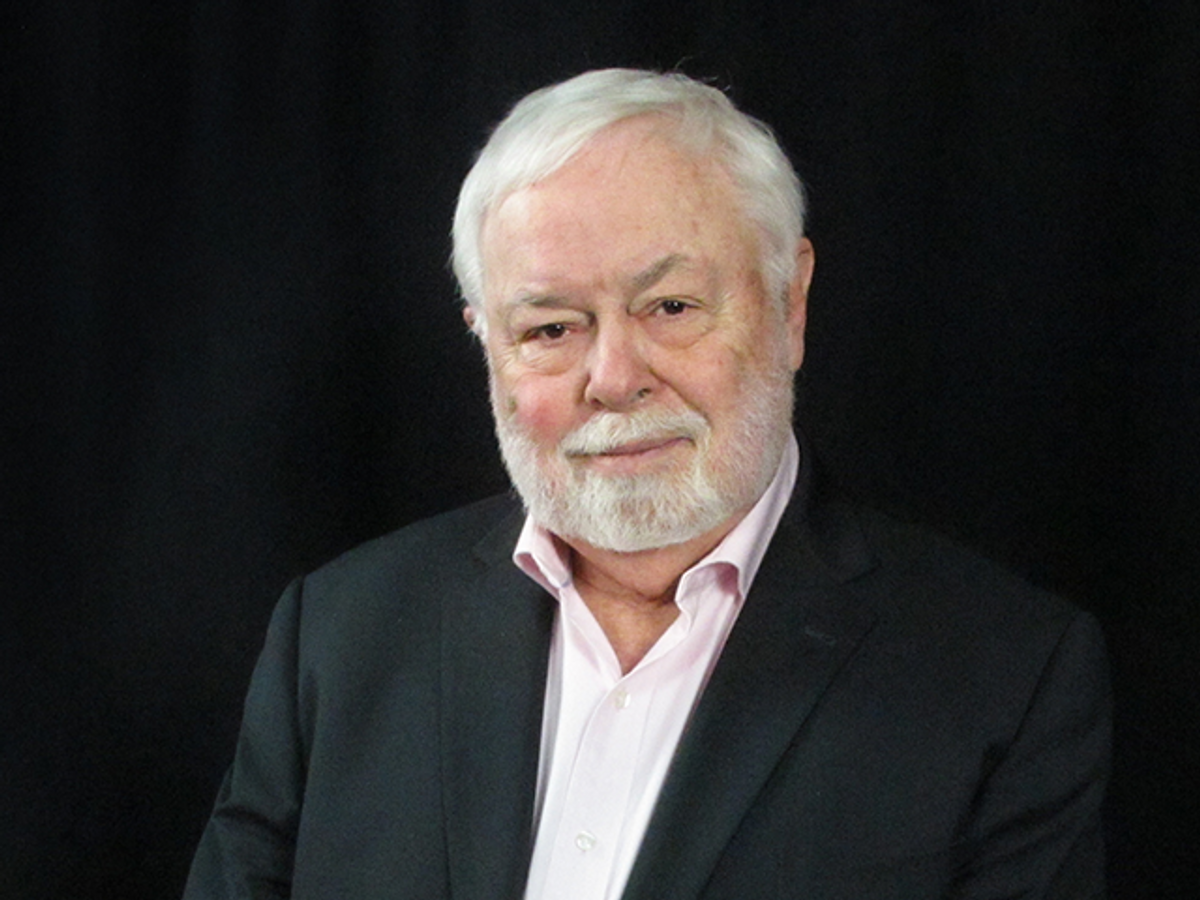"Mental illness hit our family like a thunderbolt," said Pulitzer Prize-winning journalist Ron Powers, during a recent visit to Salon's studio. "As it does most families," he added.
Powers is the author of the new book "No One Cares About Crazy People: The Chaos & Heartbreak of Mental Health in America." In it he describes his younger son Kevin as a "happy, antic, fun, humorous" teenager and a talented musician. Then, in the young man's freshman year of college, something changed — and it changed suddenly and dramatically. After a manic late-night call to his parents, Kevin and his family entered the often frustrating new world of assessment and treatment.
Mental illness is not strep throat or diabetes — there is rarely a straightforward test to determine the problem. For the Powers family, this meant they found themselves hoping for a"best case scenario that it was drugs." Powers recalled that once that was ruled out, he found himself thinking, "Oh, please let it be bipolarity, because that's the least intrusive and malignant of the the diseases."
But as the days and weeks went on and Kevin's condition worsened, the family eventually learned he had a "chronic mental affliction" — schizophrenia combined with paranoia. Kevin committed suicide in his family's basement shortly before his 21st birthday. Then, just a few years later, his older brother Dean began exhibiting similar symptoms.
"It is a brain disease. No two cases are really alike," said Powers. "It was a long trail with a lot of ups and downs, but we eventually understood that what Dean needed was not only medication but a monthly injection. It makes him accountable to a clinician." Today, those new treatment protocols offer greater hope for people with mental illness, a hope that didn't arrive in time for Kevin.



Shares